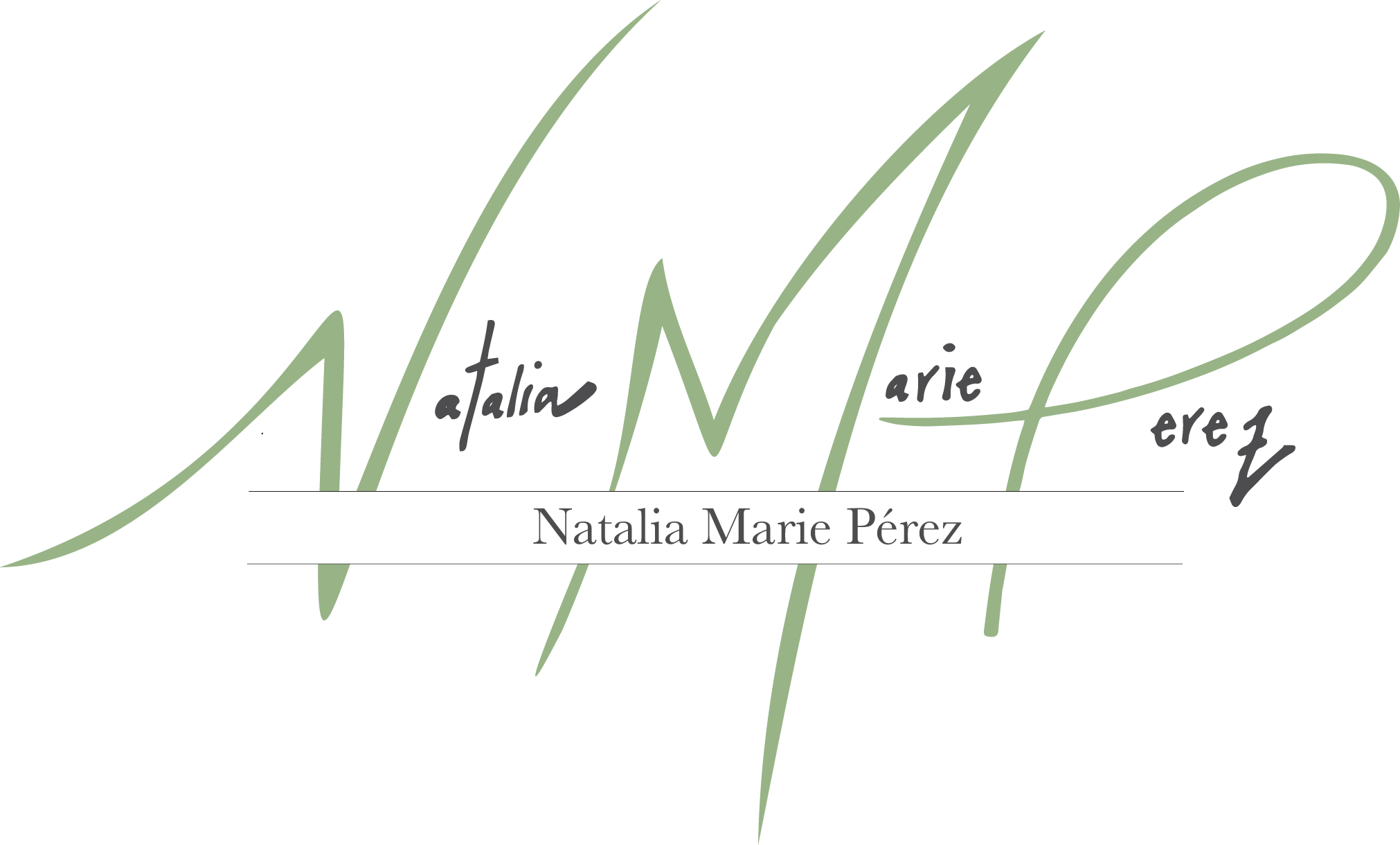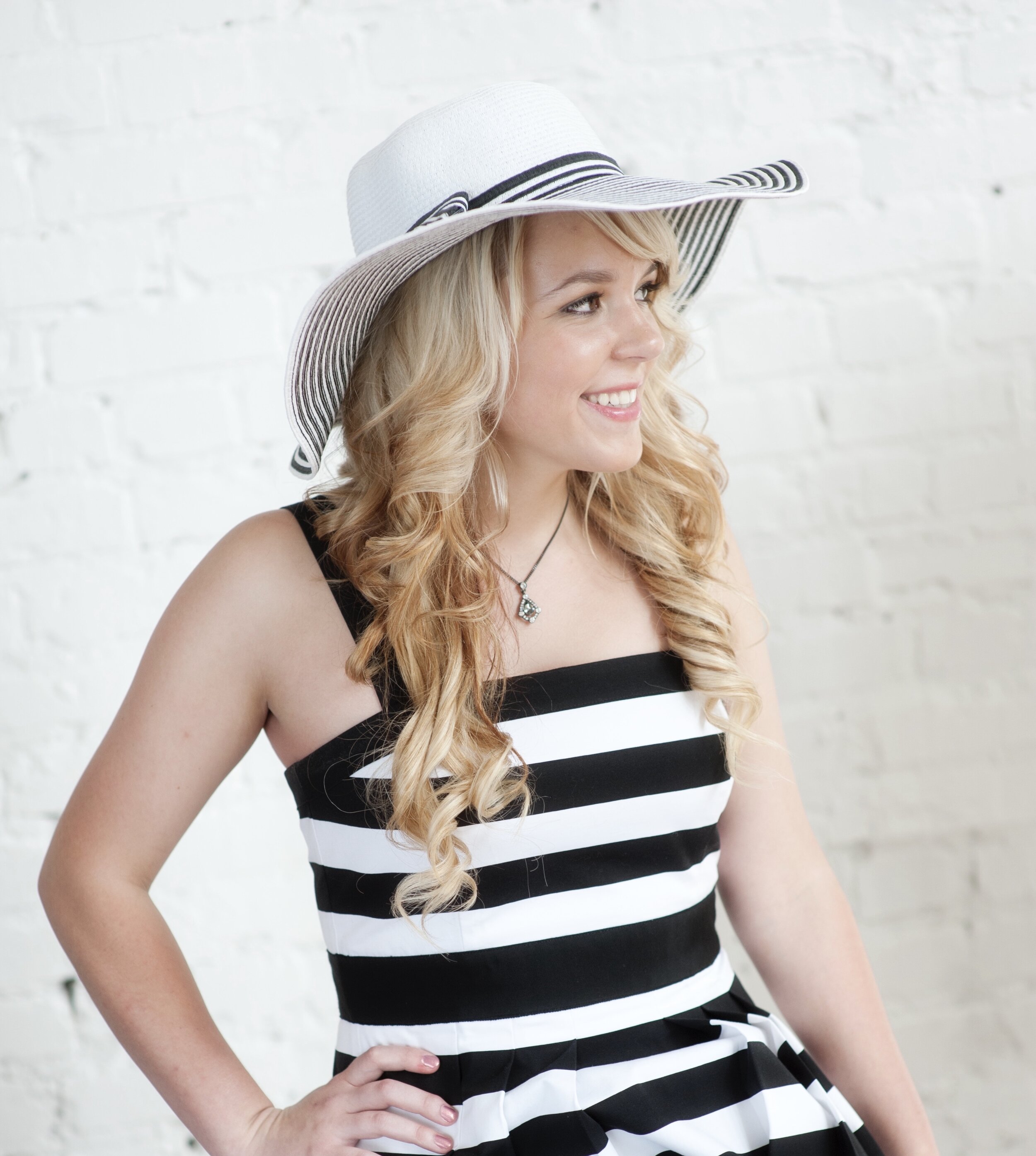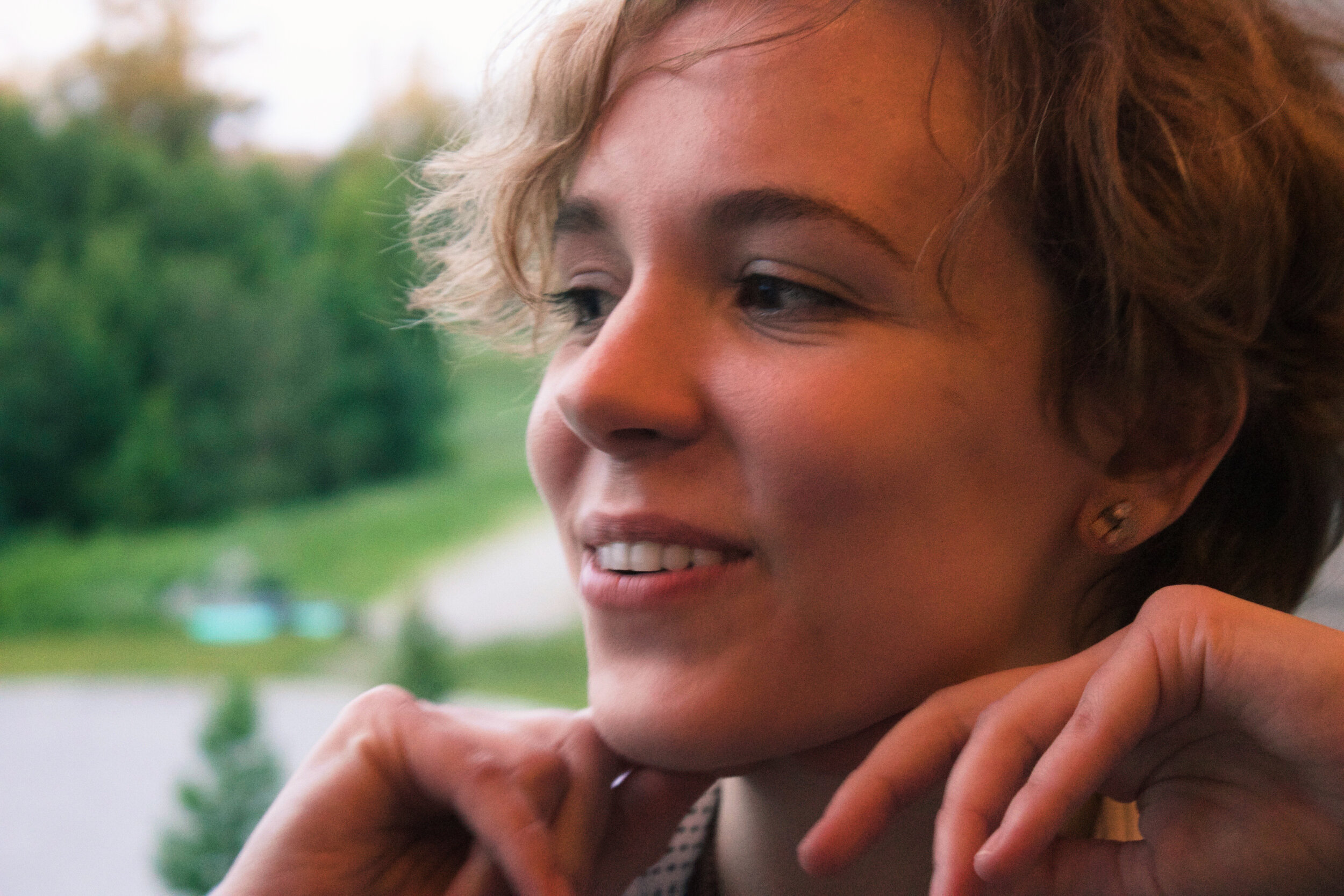Hyperventilating in Pursuit of Peace
By Kaari Parsons
When I was six years old I had very short hair. It was one of the first things I remember loving about myself. Coupled with my wardrobe of baseball caps and blue jeans, it elicited monikers like ‘sonny’ and ‘young man’. These misnomers—while inconsequential to me—didn’t enthuse my parents.
Sometimes it caused a lot of distress for them. My mom once said that I should wear a shirt that said “I’m a girl” so people wouldn’t be confused. Not yet fluent in sarcasm, I took a marker to one of my school polos and with the utmost sincerity scrawled “i am a gril” on it. I immediately put it on; my parents were not amused.
Liking short hair was the first of many things about myself that I thought was broken and would spend the next 18 years trying to fix.
In the third grade, all the girls made an unspoken decision that we were going to like boys; or at least that’s how it felt. I had no grasp of what “liking” something was supposed to feel like. All the things I had liked up to that point were wrong for a girl to like, so it just made my life easier to ignore any subsequent predilections. Choosing to like a boy was a conscious and methodical decision for me; I assumed it was for all girls.
By seventh grade, none of my mandated crushes had been reciprocated and I knew why. As far as my hair was concerned it simply existed, I wore pants religiously, and I was quite a bit bigger than most girls my age. Over the years, boys had told me that I was fat and wasn’t pretty, sometimes maliciously and other times like they were just giving me a heads-up.
I’d had anxiety since fourth grade. Whenever I was anxious my stomach would turn, my heart would pound, and it was difficult to breathe. The combination of nausea and exhaustion was a natural appetite suppressant and I could barely eat without getting sick.
Like most 12-year-olds I knew very little about dieting, but what I’d gathered over the years was that eating less meant weighing less. Not eating became a way of coping with my anxiety and feeling like I had control over it, until the inevitable happened and food started causing anxiety. Before long, anything I ate felt like too much and I started purging. I hated the way it felt but I couldn’t afford to let anything get in the way of becoming who I was supposed to be.
By my sophomore year I’d lost a significant amount of weight. I wore skirts and poorly applied eyeshadow. By a teenage boy’s standards, I was pretty. I’d had two short-lived relationships, but the only steady relationship I had was with bulimia and I knew it was toxic. I didn’t look well. My hair, now dyed black, was falling out, I was always tired, and I had slight body tremors that were becoming hard to hide.
A couple weeks into my junior year I finally asked for help, albeit unconventionally. Against my better judgement I told my entire high school during an open mic testimony. I tried to see the positive in what I’d done by telling myself I had hundreds of people to keep me accountable, but it just felt like everyone was talking about me. Recovering quickly became another thing that I was supposed to do rather than something I truly wanted myself.
I attended an eating disorder recovery program for several months. The program included regular sessions with a therapist; I also began seeing a psychiatrist who prescribed medication for my anxiety.
Over the summer I felt immense pressure to reinvent myself and gain weight in a way that didn’t look like I’d gained weight. I dyed my hair platinum blonde, got extensions, and started going to tanning salons hoping to distract from any weight gain.
Physically I felt healthier but I’d never hated myself more. I felt foreign in my own body, and I was tired of faking a sunny disposition. I spent most of my senior year coaxing myself through panic attacks in teacher’s offices, and sleeping off benzos in study hall.
The summer after I graduated was my first relapse. Wanting recovery for myself couldn’t happen until I was myself.
College blurred the lines of who I was even further than high school did. I didn’t know what I wanted to do and the options my college provided were limited. I assumed that I would find a man that I liked enough to marry, however a newfound reluctance to feign attraction to men made that assumption hard to meet.
Trying to convince myself to like a guy sounded like this:
“He looks like Ryan Gosling, and you LIKE that.
… actually I hated “The Notebook”
“ okay, well this guy wears nice clothes and you LIKE that.
… even Ted Bundy was a sharp dresser ”
“This man is nice to you, and you LIKE that.
… if being a nice person is our magical spark then I should just date every Chick-fil-A employee I’ve ever interacted with.”
I spent the rest of the semester perplexed by this anomaly of so many unlikable boys in the same place at the same time. I just figured none of them were the right guy—all 1,500 of them.
The truth was that I just didn’t like boys, and the subsequent venture to the revelation that I liked girls was a short one, and fighting myself on it was as fruitless as trying to have feelings for boys. The fear of certain damnation quickly consumed me and so I would pray to be changed.
Asking God to erase me and start over dragged me to uncharted depths of self-hatred that I didn’t know existed. “Please don’t make me gay”, a litany hyperventilated in pursuit of peace, went unanswered. With each utterance, the phrase took on a looping rhythm that lulled me unconscious. I would wake up just as afraid as before, but I would be too exhausted to have another panic attack.
Panic attacks became a necessary prophylactic to maintaining a façade of mental stability. My mind oscillated from a quiet numbness to overbearing suicidal thoughts. My grades suffered along with my mental state, and over the span of a few months I went from taking 15 credit hours to a mere four.
I ended up having to medically withdraw from school twice. No matter how hard I tried I just couldn’t advocate against who I am and be a full-time student; then again I’ve never been good at multitasking.
On numerous occasions, I seriously considered asking my therapist for conversion therapy, but I was afraid that she’d try to convince me that it was okay if I was gay. I knew being gay wasn’t wrong but I knew what the church taught and how I would be treated. My church community was the only one I’d ever known and I was afraid to be rejected by them, despite never feeling embraced by them in the first place.
The suicidal thoughts grew louder and would try to convince me that I didn’t want to live in the future I was bound to have. I had already spent the past 18 years believing millions of little lies about myself, and I was exhausted. As much as I didn’t want to die, I didn’t want to be here either.
In March of 2018 I started to feel sick. I suspected it was the flu and that it would go away in a couple of weeks but it only got worse, and by July I was diagnosed with lupus. I was suddenly faced with my own mortality and the reality that my life was about to get a lot harder.
My life.
I realized that I had to decide if I would live for myself or for the person the church said I was supposed to be; except I’d already been that person for 18 years and I didn’t like her.
I stopped hiding and started to let life happen to me: I wore what I wanted, got an asymmetrical haircut, spent time with new people and tried new things. I was making healthier choices but something still didn’t feel right. I felt ready to address the elephant in the room. I’d soon learn that the elephant was the pièce de résistance and without it the room wasn’t complete.
I began immersing myself in the experiences of other queer women, and found that theirs weren’t all that different from mine. I listened to their podcasts, watched their coming out videos, read their blogs, and after lots of introspection, was able to come to terms with my sexuality.
I’m a lesbian.
Things about my childhood that eluded me for years suddenly made sense. Growing up I’d made all my decisions with an “eenie-meenie-miney-mo” mentality because I couldn’t trust my own judgement when it’d been wrong so many times in the past. I’d never understood how people let their emotions drive their decision-making because I’d been conditioned to ignore my own intuition and obey the moral binary imposed by politics and religion: right is right, wrong is wrong, and free will is the option to wash your hands with either hot or cold water but never both.
Being a lesbian is neither a choice nor a preference, but a fact that’s as certain as the sun rising each morning. It is not wrong, sinful, or a perversion.
It is bright. It is powerful. It is love.
Since coming out, I’ve lost the feeling of belonging in the community that I lived in since I was four years old. I’ve lost the feeling of dignity when people from that community tell me they love me but hate who I am.
But what I’ve gained since coming out is so much greater than what I’ve lost. Being true to myself has strengthened my relationships with my friends and family and introduced me to a more loving, more inclusive community than the one I grew up in. Since coming out I’ve learned how to love myself because I finally am myself.
I’ve missed the little girl with the short hair, and I’m so happy she’s back.
MEET THE AUTHOR
Kaari Parsons is an aspiring writer/director. She plans to major in Creative Writing at UT Chattanooga this fall. She is a passionate advocate for realistic LGBTQ+ representation in media.



